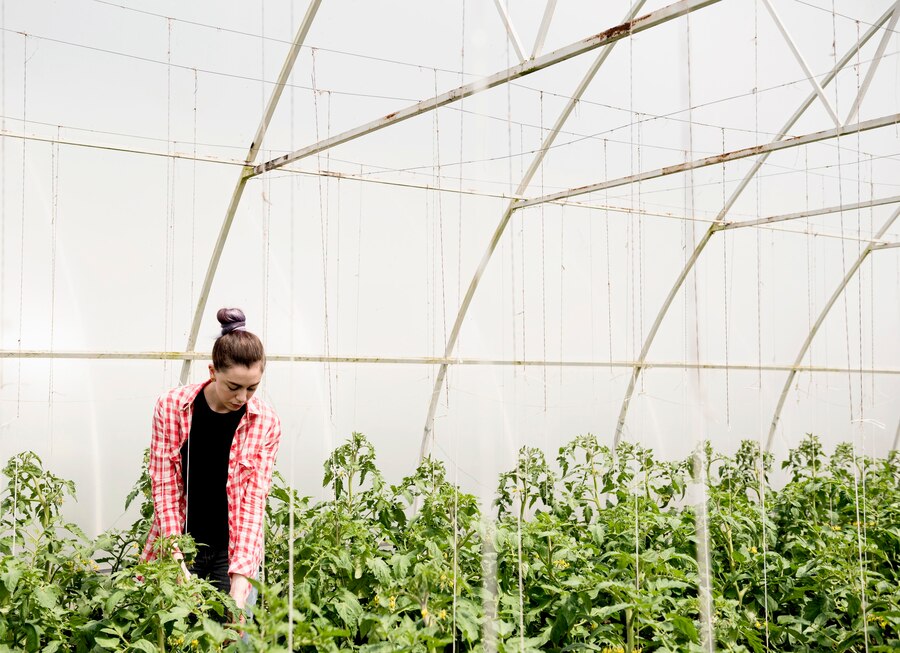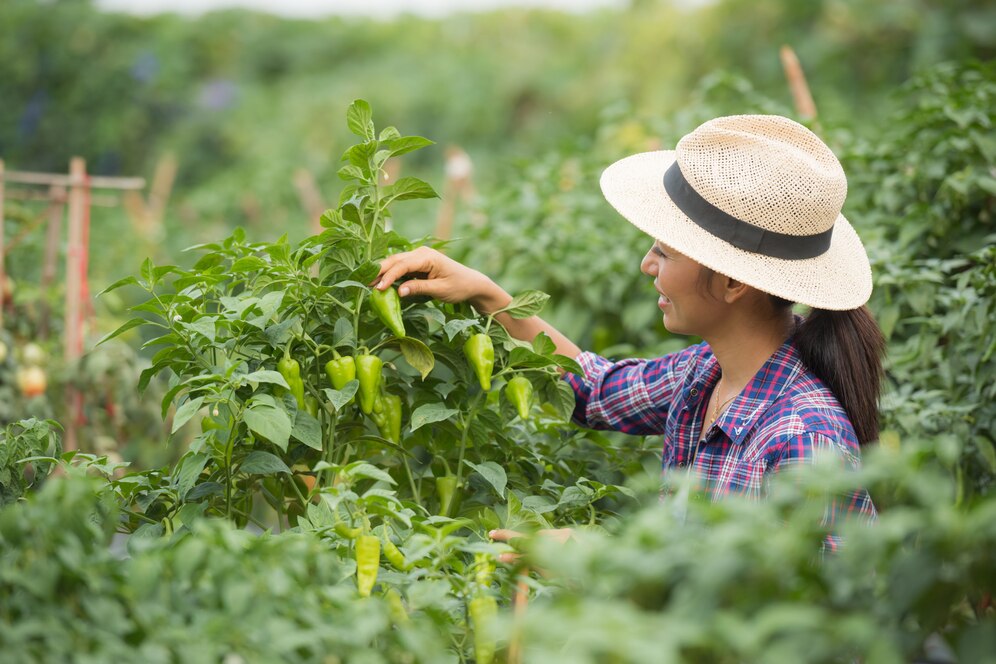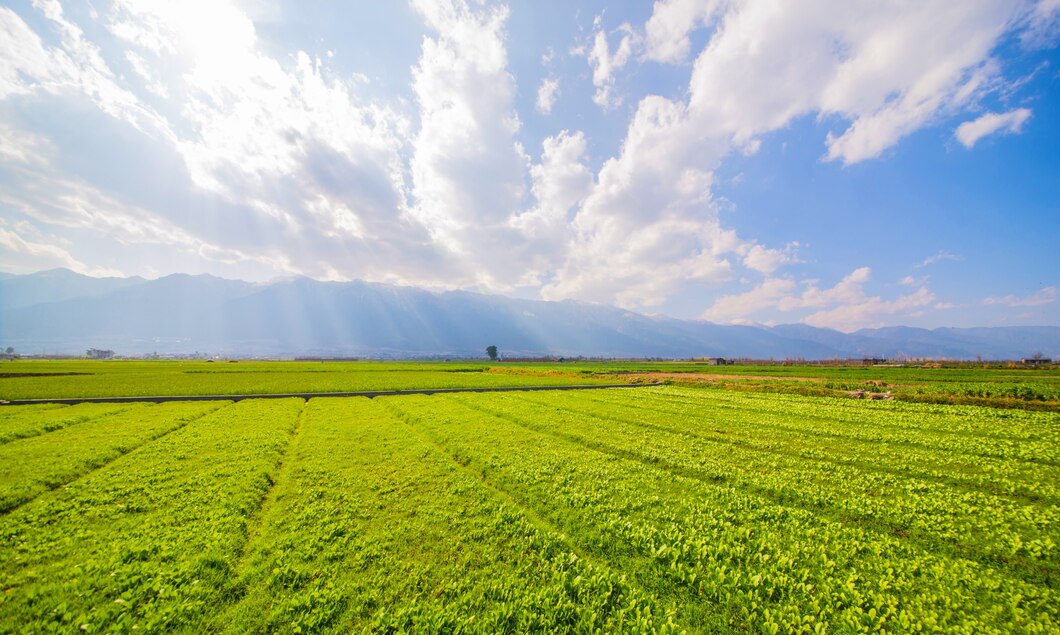10 Tips for Successful Summer Farming: Maximizing Your Harvest in the Heat
As temperatures rise and the sun beats down, summer brings unique challenges and opportunities for farmers. From scorching heat to increased pest activity, managing a successful farm during the summer months requires careful planning and adaptation. In this blog post, we’ll explore 10 essential tips to help you navigate the summer season and optimize your farm’s productivity.
1. Plan Your Planting Schedule:
One of the keys to successful summer farming is strategic planning. Start by carefully selecting the crops that are best suited for the summer season in your region. Consider factors such as heat tolerance, water requirements, and pest resistance. Additionally, stagger your planting schedule to ensure a continuous harvest throughout the summer months.
2. Implement Efficient Irrigation Practices:
Water management is crucial during the summer, especially in regions prone to drought. Implement efficient irrigation practices such as drip irrigation or soaker hoses to minimize water waste and ensure that your crops receive adequate moisture. Monitor soil moisture levels regularly and adjust your irrigation schedule as needed to prevent drought stress.
3. Provide Shade and Protection:
Protect your crops from the intense summer sun by providing shade when possible. Consider using shade cloths, row covers, or planting taller crops to create natural shade for heat-sensitive plants. Additionally, protect your crops from pests and diseases by using physical barriers such as netting or row covers.

4. Mulch Your Beds:
Mulching is a simple yet effective way to conserve soil moisture, suppress weeds, and regulate soil temperature during the summer months. Apply a layer of organic mulch such as straw, hay, or wood chips to your garden beds to help retain moisture and keep your plants cool during hot weather. Mulching also improves soil structure and fertility over time.
5. Practice Integrated Pest Management (IPM):
Summer is prime time for pests, but you can minimize their impact by practicing integrated pest management (IPM). Monitor your crops regularly for signs of pest damage, and use a combination of cultural, biological, and mechanical control methods to manage pest populations. This may include crop rotation, beneficial insect release, and hand-picking pests.
6. Stay Vigilant Against Diseases:
Warm, humid conditions in the summer can create ideal breeding grounds for plant diseases. Keep a close eye on your crops for signs of fungal, bacterial, or viral diseases, such as yellowing leaves, powdery mildew, or wilting. Practice good sanitation by removing and disposing of infected plant material promptly to prevent the spread of disease.
7. Harvest Early and Often:
Harvesting your crops early and often is essential during the summer months to prevent them from becoming overripe or damaged by the heat. Check your garden daily for ripe fruits and vegetables, and harvest them promptly to maintain quality and flavor. Regular harvesting also encourages continuous production and helps prevent plant overcrowding.
8. Provide Adequate Nutrition:
During the peak growing season, your crops require ample nutrients to support vigorous growth and development. Supplement your soil with organic matter such as compost or aged manure to improve soil fertility and structure. Additionally, consider foliar feeding with a balanced organic fertilizer to provide a quick nutrient boost to your plants.

9. Protect Pollinators:
Pollinators play a crucial role in the success of your summer crops by facilitating fruit and seed production. Take steps to protect and attract pollinators to your farm, such as planting pollinator-friendly flowers, providing nesting sites, and avoiding the use of harmful pesticides that can harm bees and other beneficial insects.
10. Stay Flexible and Adapt:
Finally, remember to stay flexible and adapt to changing conditions throughout the summer season. Keep an eye on weather forecasts and be prepared to adjust your farming practices accordingly. Whether it’s providing extra shade during a heatwave or increasing irrigation during a dry spell, the ability to adapt is key to successful summer farming.
Conclusion:
By following these 10 tips for successful summer farming, you can maximize your harvest and overcome the challenges of the season. From strategic planning and efficient irrigation to pest management and pollinator protection, implementing these practices will help ensure a bountiful and sustainable summer harvest on your farm. So roll up your sleeves, embrace the heat, and get ready to reap the rewards of your summer farming efforts!



